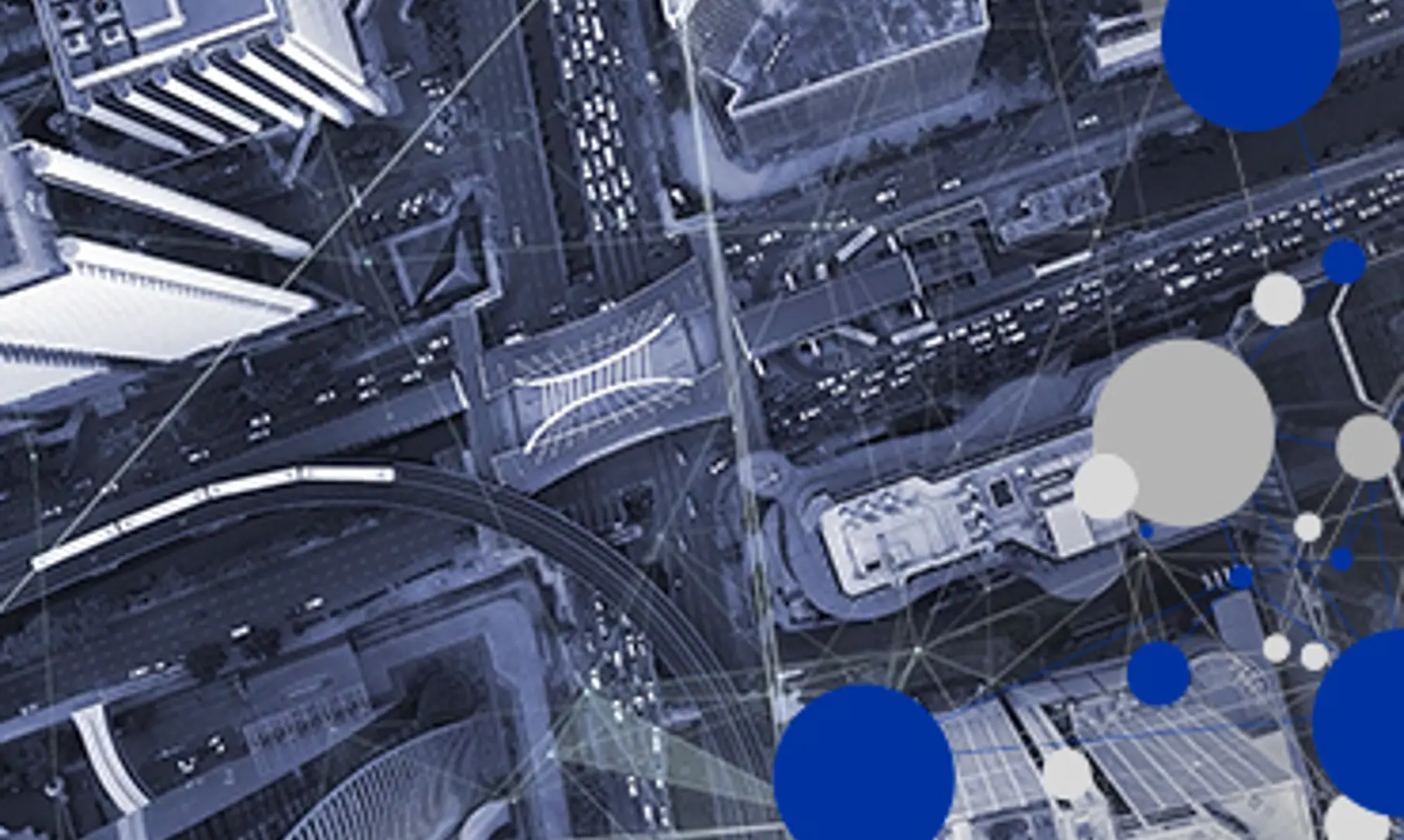Digital discovery with SIG

In the final part of our Digital Discovery series, we look back at some of the top trends and technologies driving a new digital era in manufacturing
What is logistics 4.0 and how exactly is it transforming supply chains? How is artificial intelligence (AI) changing the way we use machines? What does this shift mean for the future of food and beverage manufacturing? And, ultimately, you and your business? To give you some insights, we’ve rounded up the key takeaways from our Digital Discovery series.
Keeping pace with digital
Today, it isn’t so much a matter of if industries will join the digital transformation – but when. Indeed, around 76% of manufacturers already have smart factory initiatives underway, and by 2030, a trillion devices will be connected to the internet. To stay ahead and succeed, we must all embrace digital change.

Making machines learn
As machines get smarter, we’re seeing that evolution in our ability to provide products faster and more efficiently. As a result, AI solutions are now being seen throughout the supply chain, improving everything from farming techniques and food quality to maintenance, logistics and transparency.

Next generation network
With its radically higher data transfer rates and capacity compared to predecessors, 5G has the potential to make applications more flexible and productive than ever. With projects like 5G RuralFirst allowing farmers to track a cow’s every movement, helping optimise animal nutrition and food production.

The logistical revolution
With a better understanding of logistics, we now have the power to automate supply chains, ensure gapless monitoring and boost overall efficiency. Allowing, for example, food and beverage manufacturers to carry out real-time assessments of food safety and quality in order to reduce wastage.

Seeing into the future
As the whole world goes digital, the food and beverage industry has been slower than some to jump on board due to certain obstacles: from the cost of installing a predictive maintenance program to strict food hygiene and safety regulations. Choosing the right digital partner, it seems, is crucial.

Smart and sustainable
Looking back over our series, we can see just how new and developing digital technologies are impacting manufacturing. But factories are not only getting smarter. They’re also becoming more sustainable. Thanks to digital transformation, traditional production is shifting to become more efficient, environmentally-friendly, waste free, and even completely carbon free.
We’ll cover all these benefits in more in an upcoming series on smart and sustainable factories, so be sure to subscribe to the SIGnals Update – our bi-weekly newsletter – to get every story sent straight to your inbox.
Want to know more about keeping up with digital transformation? Get in touch or take a look at our latest Smart Factory solutions.
- aprilie 14, 2020
